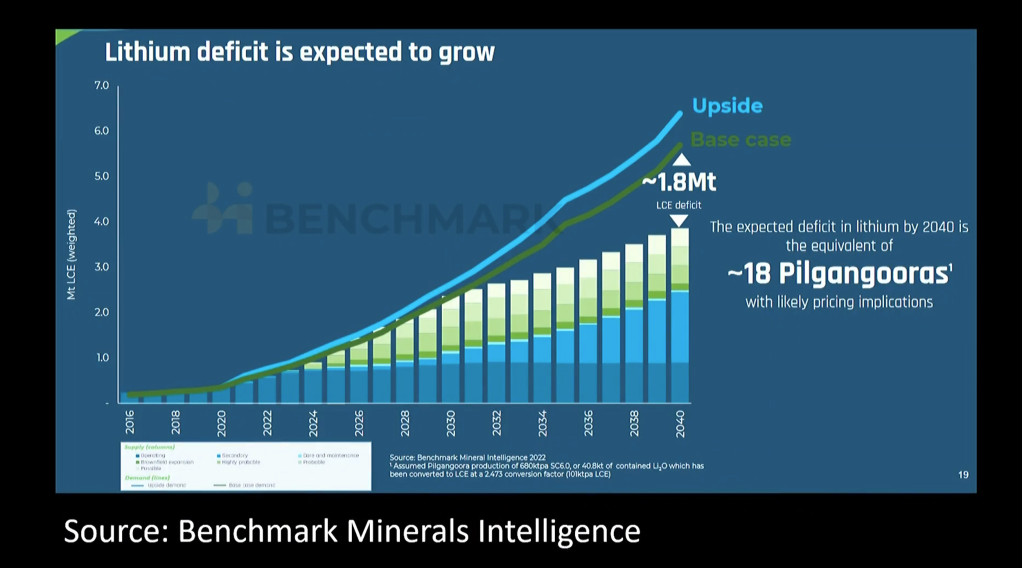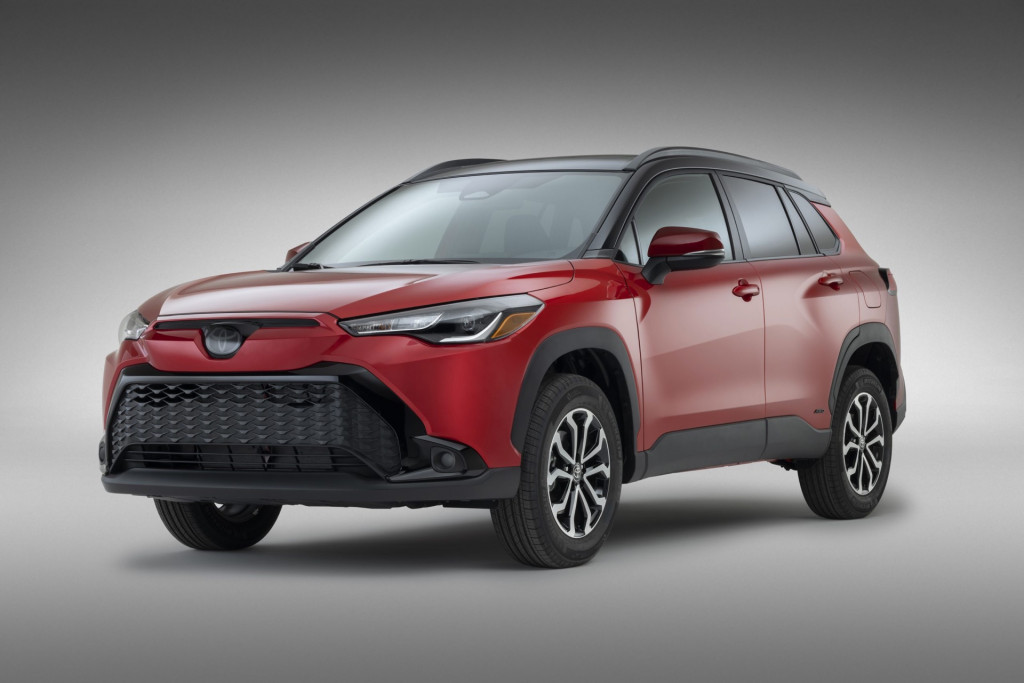A leadership change at Toyota doesn’t seem to have changed the automaker’s EV strategy.
Akio Toyoda recently announced a step over to chairman after 14 years as CEO of the automaker founded by his grandfather, with Koji Sato anointed as the next Toyota CEO. But the automaker’s stance on EVs—that they’re not the only solution to addressing climate change—has remained consistent throughout the transition.
2023 Toyota Prius XLE
In a recent presentation at the World Economic Forum in Davos, Switzerland, Toyota chief scientist Gill Pratt argued that the all-EV strategies announced by some automakers will fall short of achieving emissions-reduction goals, noted Automotive News.
Pratt’s argument, which you can watch here for the updated form, or below as Toyota itself presented in December 2021, leans heavily on the finite lithium supplies for batteries, which will force a choice between spreading the available lithium out over many smaller hybrid battery packs or concentrating it in larger packs for EVs.

Toyota concerned a lithium deficit will stall an aggressive EV shift
Pratt offered a model hypothesizing a fleet of 100 internal-combustion vehicles with average emissions of 250 grams of carbon dioxide per kilometer traveled, and enough lithium to make 100 kwh of battery capacity.
If the lithium is used for a single 100 kwh pack, the 100-vehicle fleet would still have 99 internal-combustion vehicles and just one EV, resulting in average emissions of 248.5 g/km. If the same amount of lithium was used to make 1.1-kwh battery packs, it would yield 90 hybrids and a bigger overall emissions reduction, to 205 g/km, Pratt argues in the presentation.

2023 Toyota Corolla Cross Hybrid
This is in line with previous Toyota talking points, which have emphasized incorporating hybrids, as well as fuel-cell powertrains and even hydrogen combustion engines, into an overall emissions-reduction solution rather than relying solely on EVs.
While a battery factory can be built in two or three years, Pratt argues, ramping up a new lithium mine can take more than 15 years.
In a video released in November 2021, Pratt argued that trying multiple ideas for reducing emissions was the most pragmatic approach, noting that technological predictions are usually unreliable. He cited the hype around self-driving cars as a recent example, and noted that Toyota took a similar approach in that case, researching both driver-assist and autonomous-driving concepts rather than going all-in on the latter.
“The stakes of the climate crisis are too large to get wrong by focusing on too few possibilities,” he said in the video, noting that Toyota is investing in EVs, but arguing that “diverse solutions will reduce more carbon emissions sooner.“
Yet while Toyota is investing in EVs, outgoing CEO Toyoda has said he sees the U.S. goal of 50% EV sales by 2030 as “very difficult,” and that 85% of Toyota vehicles will still have tailpipes by the end of the decade. Toyota’s pushback versus California and others states seeking more EVs has also given the company some far less favorable optics with environmentalists in recent years.
Toyota’s EV rollout has also taken on an unstable aspect recently. The automaker last fall reportedly paused some of its EV development as part of a broad evaluation. More recently Toyota appears to have given the green light to a dedicated EV platform for later in the decade, although this seems to have little to do with the executive change as Toyoda had tipped that it was coming.
Amid these reports and a change at the top, Toyota hasn’t recently issued an update on how any of this might affect Toyota’s vehicle targets. But given the recent renewal of its argument, that might be coming soon.
